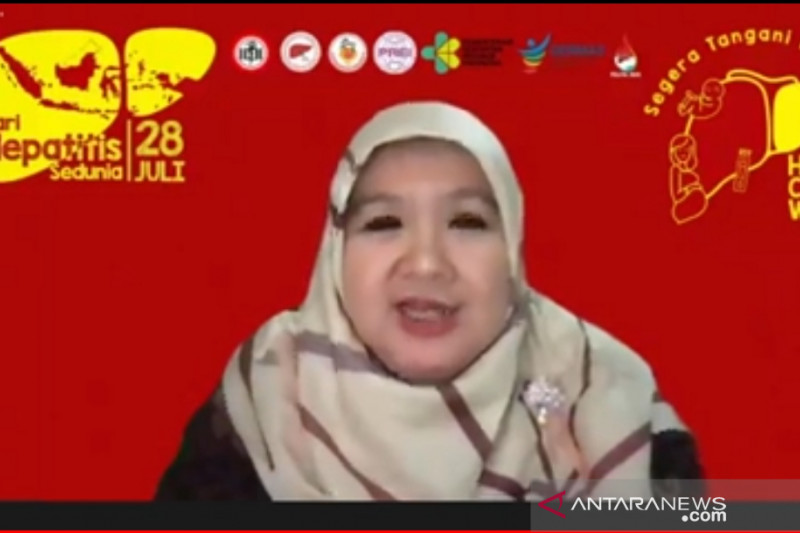“What’s going on here? The beginning of the end of democracy, or a phase that belongs to a young democracy?” This is how Middle East correspondent Daisy Mohr summarizes the discussions on the street in Tunisia. She arrived in the country today, two days after President Kais Saied fired the prime minister and dissolved parliament.
Mohr gauges the atmosphere in the capital. “What I see around me is a pretty normal Tunis. The shops are open, people have gone to work. Some major streets have been closed off and the police are clearly on their guard. But I have not seen any riots. can quickly turn around. No new demonstrations have been announced yet, but that could happen at any moment.”
Stones and arson
The relative calm at the moment is in stark contrast to the past two days of street fighting and intervention by the army and police. On Sunday, exiled parliament speaker Rached Ghannouchi tried unsuccessfully to enter the parliament building. He was stopped by supporters of the president. Ghannouchi, leader of the moderate Islamist party Ennahda, called on his own supporters to take to the streets.
Other protesters stormed Ennahda’s offices and set fire to the party’s headquarters in the southwestern city of Touzeur. In Tunis, demonstrators from both camps threw rocks at each other and at riot police. Yesterday, police raided the offices of TV channel Al Jazeera. President Saied warned rioters that violence would be met with violence.
–


